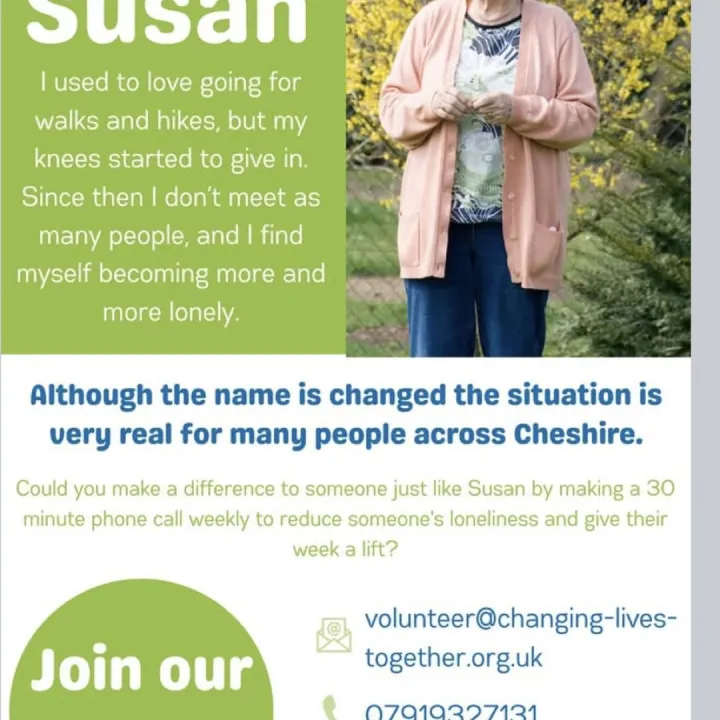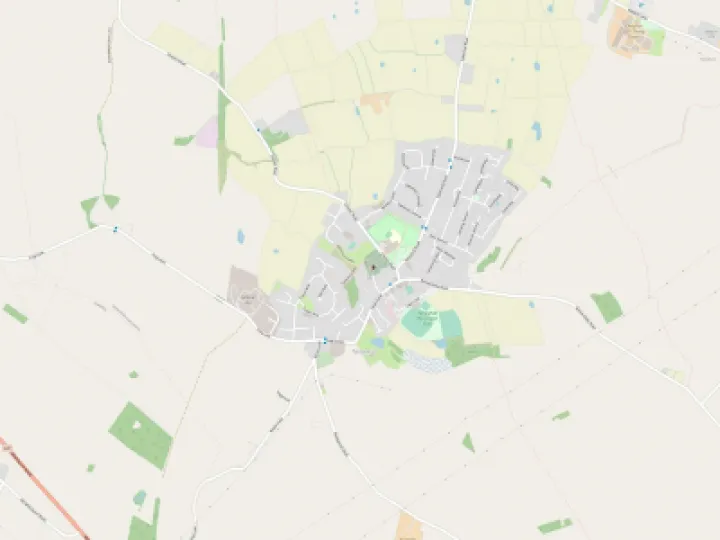Flu and Norovirus – here's what to do
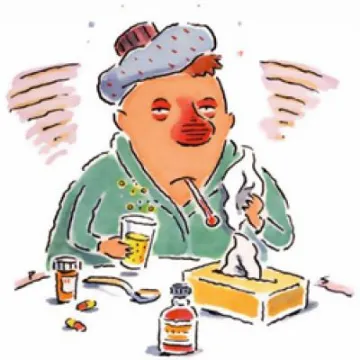
January is a time when people often find themselves with the dreaded flu or a winter diarrhoea and vomiting bug. Whilst these are very unpleasant, they can usually be treated at home and hospital doctors are urging people to make sure they know what to do if they get the flu or another minor illness. We are being urged to avoid A&E, keeping it free for those who really need it.
Your handy guide to flu and norovirus: 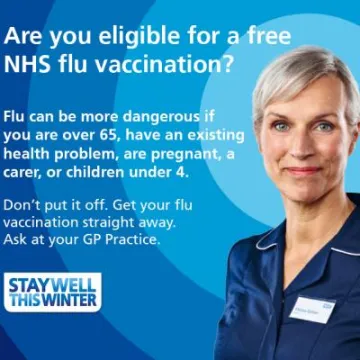
FLU
Vaccination against flu is the most effective way to protect you and your family. You are eligible for a free flu vaccination if you are a frontline health and social care worker, aged 65+, under 65 with a long-term health condition, pregnant, a main carer of an elderly or disabled person or live with someone with a weakened immune system. Children aged 2-8/9 years (up to school year 4) are usually offered the nasal spray vaccination by their local GP or in school. If you are not eligible for a free flu vaccination, there are many pharmacies now offering a private vaccination service at a small fee.
Symptoms
- A sudden fever – a temperature of 38C or above aching body feeling tired or exhausted
- Dry, chesty cough
- Sore throat
- Headache
- Difficulty sleeping
- Loss of appetite
- Diarrhoea or tummy pain
- Nausea and being sick
How to feel better
- Rest and sleep
- Keep warm
- Take paracetamol or ibuprofen to lower your temperature and treat aches and pains
- Drink plenty of water
When to see your GP
- If your symptoms don't improve after seven days
- You're worried about your child's symptoms
- You're 65 or over
- You're pregnant
- You have a long-term medical condition – for example, diabetes or a heart, lung, kidney or neurological disease
- You have a weakened immune system – for example, because of chemotherapy or HIV
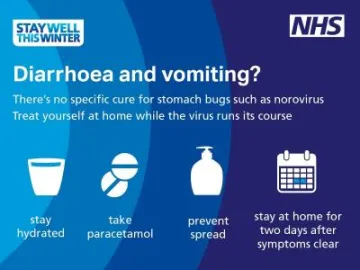
NOROVIRUS
Symptoms
- Suddenly feeling sick
- Projectile vomiting
- Watery diarrhoea
How to feel better
- Drink plenty of fluids
- Take paracetamol for any fever or aches and pains
- Get plenty of rest
- If you feel like eating, eat plain foods such as soup, rice, pasta and bread
- Use special rehydration drinks
When to get advice (by calling your GP or NHS 111)
- Your baby or child has passed six or more watery stools in the past 24 hours, or has vomited 3 times or more in the past 24 hours
- Your baby or child is less responsive, feverish, or has pale or mottled skin
- You or your child is showing signs of dehydration, such as persistent dizziness only passing small amounts of urine or no urine at all, or reduced consciousness – babies and elderly people have a greater risk of becoming dehydrated
- You have bloody diarrhoea
- Your symptoms haven't started to improve after a few day
- You or your child have a serious underlying condition and have diarrhoea and vomiting
How to avoid bugs
- Wash your hands often with warm soapy water
- Sanitise surfaces
- Eat a healthy diet, try and get plenty of sleep and look after yourself
- Try and avoid those suffering with an illness
Got a bug? Protect others:
- Stay at home and avoid crowded places
- Cover your mouth when you sneeze or cough (catch it, bin it, kill it)
- Don't share towels, cups or sheets with others
Get In Touch
Tattenhall Online is powered by our active community.
Please send us your news and views using the button below:






